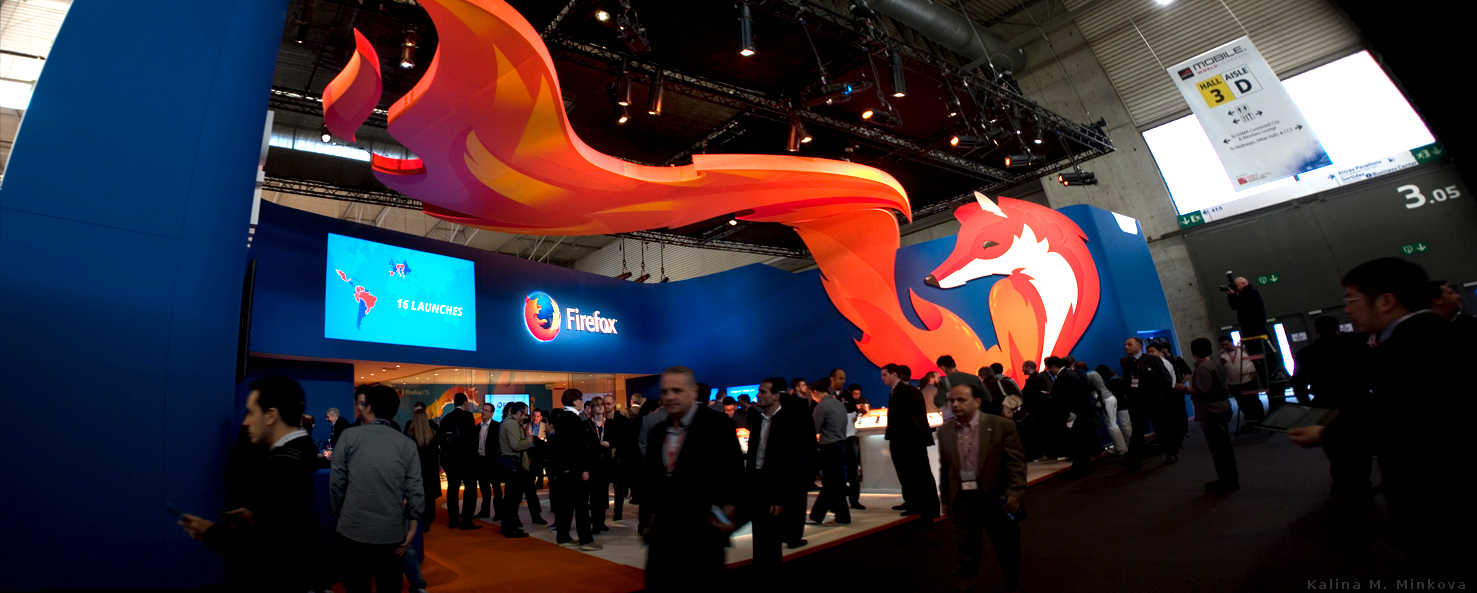As we use more and more mobile devices in our lives, an open platform is becoming more, not less important.
In an article "The decline of the Mobile Web", Chris Dixon worries about the future of the Web, as despite the dramatic uptake in mobile device usage, mobile Web usage is rapidly declining in favor of apps.
John Gruber of Daring Fireball argues, this is a success of good over bad user experiences and suggests we celebrate all this as an evolution of the Web towards a dumb pipe delivering data to whatever device and platform provides the user experience.
Apples and Oranges
Unfortunately, Gruber is drawing the wrong conclusions from a good premise. I think no one would disagree that users do (and should) gravitate towards good experiences. But when he weighs the UX of apps against not-mobile-oriented websites accessed via dedicated browsers, he's comparing apples to oranges and draws the conclusion that the Web's underlying technologies are therefore inherently inferior.
And besides, Web technology doesn't matter to him, as long as the user-facing app uses something akin to HTTP in the background he'll still count it as the Web:
"App Stores are walled gardens, but the apps themselves are just clients to the open web/internet."
This is a very strange use of the word "open". There's nothing open about relegating the Web to acting as a "dumb pipe" like the underlying communication protocols are supposed to be.
As it stands, Gruber is splitting hairs -- calling it the "Web" just because HTTP is involved -- but he's missing the point. Users don't care about what the data pipe looks like, they care about their window into that data.
The Ubiquitous Walled Garden
Why it is harmful to redefine the term Open Web like this becomes clear when we start our discussion from a level playing field. We should ask:
Assuming the same good user experience, is an application written on a proprietary platform just as good for the user as one written on an open stack?
Consider Evernote CEO Phil Libin's recent prediction we're moving towards a network of connected devices, where the experiences are not enclosed in apps, but are "just there".[^predict]
[^predict]: He is, of course, not the first to predict such a thing, but with "smart watches" and such being released left and right, we're certainly closer than ever to this reality.
That's a wonderful world, just so long as you only use devices blessed by a company (iPhone, iWatch, iFridge and iTV). The walled garden is beautiful on the inside, if you enjoy the exact experiences they deem suitable for you (and that don't interfere with their revenue models, etc. etc.) Who owns the platform, owns the user. And while "users flock to the best experiences", the worst part is the owner of the platform can choke off innovation whenever they feel threatened by it, and the users may never know what they're missing out on.
The only way around this is by embracing a shared development platform that is not owned by any one competitor (hence, open). And this platform is the Web.
Will it suffice if all those services run on closed platforms, just so long as they speak HTTP in the background? No. What makes the Web open is that you can connect to its resources from anywhere, with any device, so long as a browser exists for the platform[^browser]. The Web, if it merely acts as a delivery vehicle for data, is not open anymore and cannot act as the level playing field for innovation and choice that it is meant to be.
[^browser]: Or the platform is the browser engine, as is the case with Firefox OS.
Time for more, not less openness
This is, in a nutshell, why Firefox OS is such an important project. It's not yet another proprietary mobile app platform. In Firefox OS, the open Web is the platform.
Firefox OS is about weaving the open Web into the very fabric of the mobile landscape. It's about enabling the next generation of makers to hack their devices to their heart's content. It's about providing users with a platform that fosters actual innovation rather than giving them the illusion of choice.
And that's a user experience worth fighting for.
